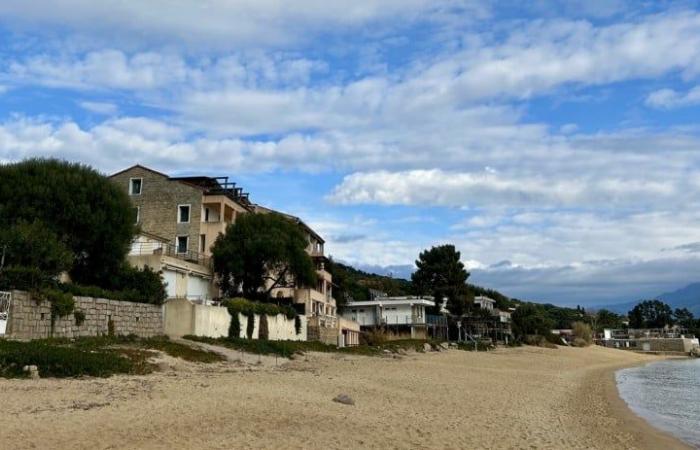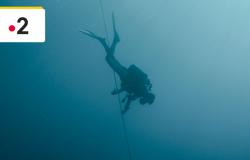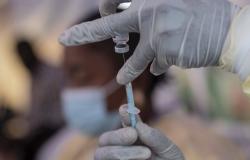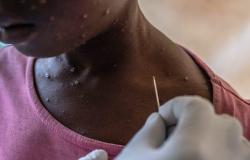The municipality of Ironhouse relaunches the design of its local urban plan (PLU), after a period of pause due to regulatory constraints. The objective is clear: meet the needs of residents all year round, while reconciling sustainable development, legal constraints and tourist pressure.
It was one of the flagship projects he tackled upon his arrival at the head of the municipality. In 2020, the Serra-di-Ferro PLU seemed to be on the right track. The investigations were completed and the planning and sustainable development project (PADD) established. But its cartographic translation, under the combined effect of the Coastal and Mountain laws, revealed drastic restrictions: only tourist areassuch as Porto-Pollo, where land reached 600 €/m², remained buildable.
This situation, deemed unfair by Mayor Jean Alfonsi, made it impossible for many citizens to build on family land, due to the density criteria imposed by case law.
The Littoral law, which prohibits construction outside existing towns, penalizes the hamlets of the commune. “Historically, Serra-di-Ferro is a territory of human transhumance. Each hamlet has its original village in Upper Taravo (Porto-Pollo was created by the inhabitants of Zicavo, Tassinca by the inhabitants of Tasso, Stiliccione by those of Palneca and Petra Rossa those of Ciamannacce). But according to current laws, they do not meet the urbanization density requirements (too small)“enlightens the first councilor of the commune.
Thus, excluding Porto-Pollo, only two building permits were issued in 2024 in Serra-di-Ferro, including land for agricultural use.
This problem is accentuated by local specificities: with 72 Corsican municipalities subject to both the Coastal and Mountain laws, the regulations are even more restrictive.






